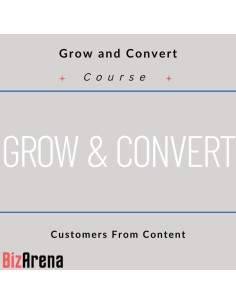The Ultimate Guide to Search Engine Optimization (SEO) in 2023
Learn how to optimize your website for search engines with our comprehensive guide to SEO. Keyword research, on-page optimization, link building, & content creation tips to attract more visitors
As an online business, having a strong web presence is essential for success.
It's not enough to just have a website, you want to make sure it's visible to your target audience when they're searching for digital marketing courses online. That's where search engine optimization (SEO) comes into play.
SEO is the practice of improving the ranking of your website in search engines such as Google, Bing, and Yahoo.
The higher your website ranks in search engine results pages (SERP), the more likely people are to find and visit your site.
Keyword Research:
- The first step in creating a successful SEO strategy is
- understanding the keywords your target audience is using to search for digital marketing courses.
- start, make a list of the topics and subtopics related to your courses.
- You can use tools like Google Keyword Planner or SEMrush to research the search volume and competition level for each keyword.
- Once you've identified the keywords that are most relevant and have a lower level of competition, you can optimize your website's content and structure to target these keywords.
On-page Optimization:
On-page optimization refers to the changes you make to your website's content and structure to improve its ranking in search engines. This includes:
- optimizing your title tags, meta descriptions, header tags, and images.
- The title tag is the text that appears in the search engine results page (SERP) and should include your target keyword.
- The meta description is a brief summary of what your page is about and should also include your target keyword.
- Header tags (H1, H2, etc.) are used to format your content and indicate its hierarchy.
- Finally, make sure all images on your website are optimized for size and include descriptive alt text with your target keyword.
Link Building:
Link building is a critical aspect of SEO and involves acquiring backlinks from other websites to your own. Search engines view links as a vote of confidence in your website, so the more high-quality links you have pointing to your site, the higher your website will rank.
There are many ways to build links:
- guest posting on other websites
- writing blog posts and linking to each other
- reaching out to industry partners to exchange links.
Content Creation:
Creating high-quality, original content that is relevant to your target audience and aligned with your target keywords is a key part of any successful SEO strategy.
This can include:
- blog posts
- videos
- infographics
- and more.
By consistently publishing valuable content that your target audience will find interesting and helpful, you can establish your website as a trusted source of information and attract more traffic over time.
SEO can seem like a daunting task, but by following these basic steps and continually refining your approach, you can improve your website's ranking in search engines and reach more potential students for your digital marketing courses. The key is to be patient and persistent in your efforts, as it can take time to see results. However, with a well-executed SEO strategy, you'll be able to increase your visibility online, reach a larger audience, and ultimately grow your business.

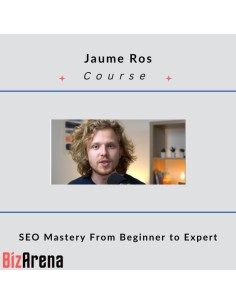

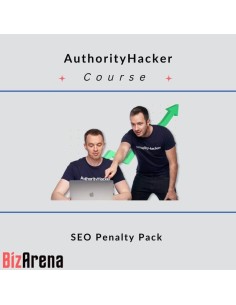
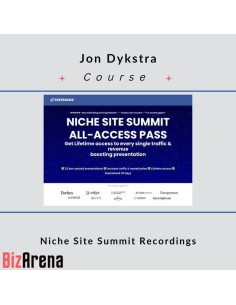

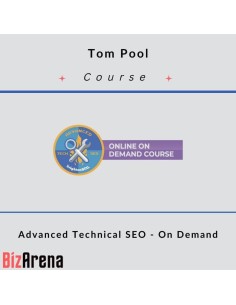


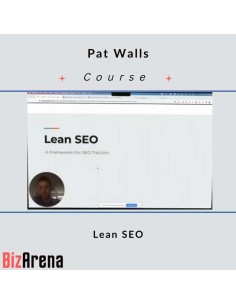


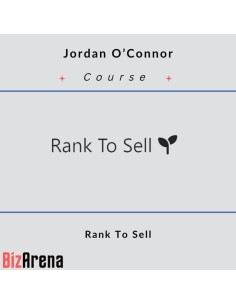
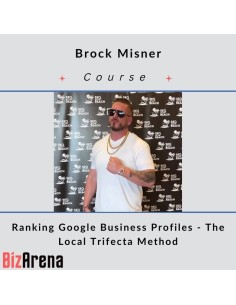


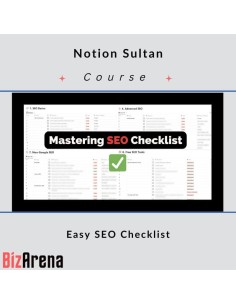
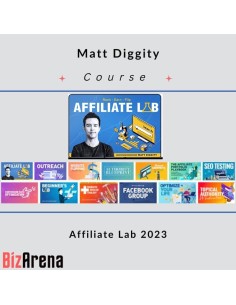

![YOYAO Hsueh – Topical Maps Unlocked [Complete]](https://bizarena.org/3766-home_default/yoyao-hsueh-topical-maps-unlocked-complete-.jpg)
